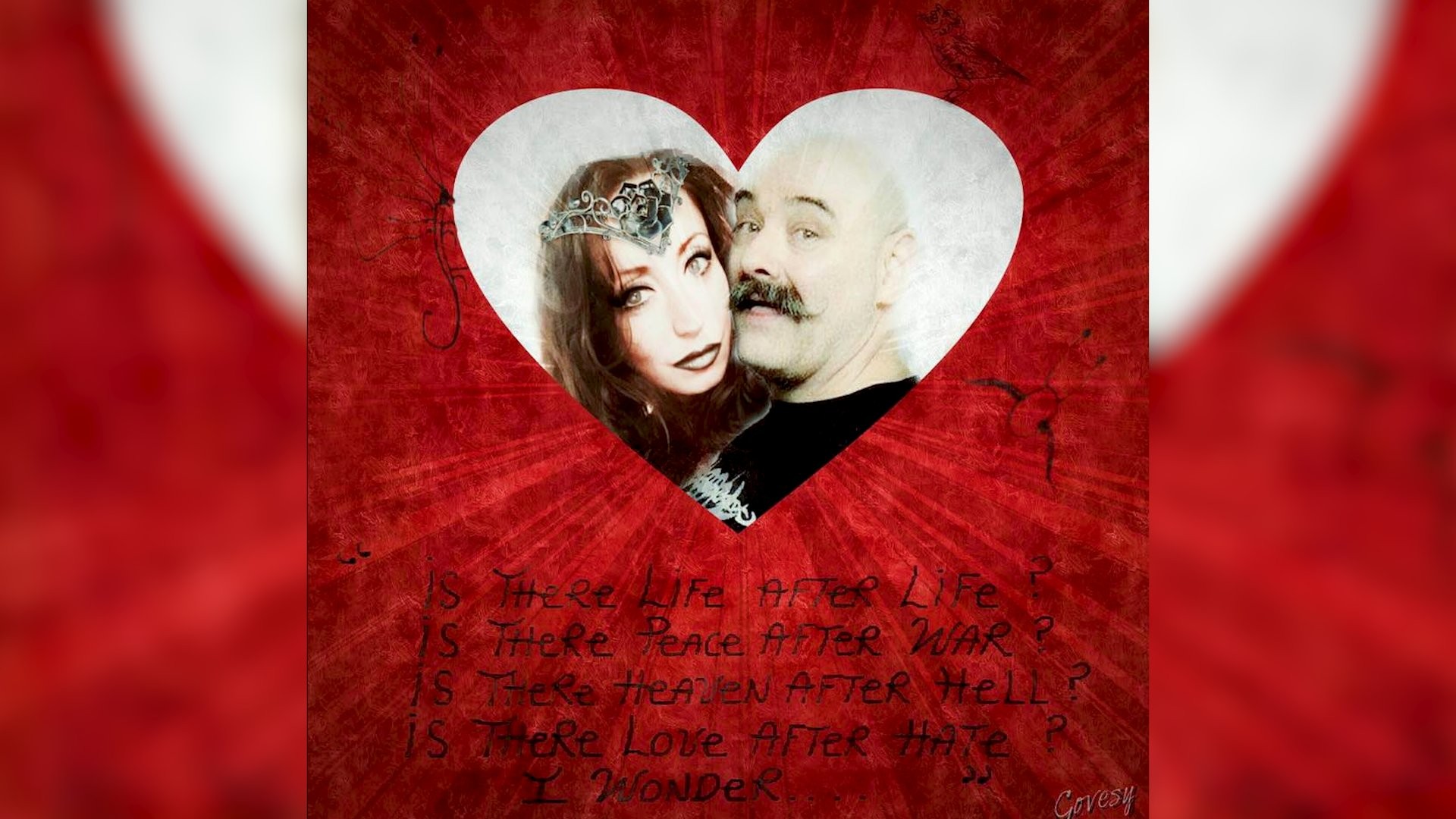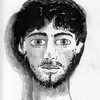This article originally appeared on VICE Italy.Eight years ago, my father was convicted of both murder and the concealment of a corpse. When I think back on what happened, it feels like a different, distant life.Before my father became this "monster", and before my friends and extended family started constantly staring at me with either pity or contempt, I had a happy childhood. Growing up, my sister and I were treated to the best toys, picture-perfect Christmases and holidays to the most exotic places. It seemed like a fairly straightforward, mundane life – filled with school and the joys of coming home to my mum's home cooking.
Advertisement
I used to think that someone who was capable of murder must be a constantly violent and mean person who's quick to anger. My father was none of these things. He was a respected businessman who spent much of his spare time acting out various roles in the fairy tales I made up – juggling his way around imaginary castles and kingdoms.He never raised his voice at us, he was never mean and he never told us off – even when he should have.But as I was preparing to enter my teenage years, things started to change. He started to change. My father became increasing detached. His quick wit was soon replaced by long periods of complete silence. Once, he made fun of me because I cried at a news story of an animal being abused. I can still remember how shocked and angry that made me feel.I would later discover that this profound shift was caused by a secret: a large debt he had accumulated in order for our family to maintain the lifestyle we had become accustomed to. I think it was pride that pushed him to that point. Carrying around such a burden can consume you, leaving you detached from the rest of the world. Years later, without telling me how much debt he was in, my father revealed that he'd even attempted suicide.Our lives changed forever on a Monday – a day that started with me complaining about not wanting to go to school. That afternoon, my granddad and I stopped by my father's shop to pick up our house keys before going to grab some ice cream. I'll never forget my dad's face when we walked into his shop. He had turned a dark red, his eyes were wide open and he had this cruel expression on his face. Suddenly, he screamed, "You were right!" at my grandad, as I recoiled, afraid of this person I no longer recognised.
Advertisement
What I didn't know at the time was that, 15 minutes earlier, my father had killed a man. Later that night, my granddad helped him hide the body.Little did our family know, the victim had been in our lives for a long time, ever since he lent my father a lot of money. Earlier that afternoon, the man had threatened to kill our family if my father didn't pay him back.
WATCH: 10 Questions You Always Wanted to Ask: The Wife of Britain's Most Notorious Prisoner
I've convinced myself that my dad's actions were a result of temporary madness. I don't know if that was actually the case, but it's how I've explained it to myself. But whatever the reason, he was motivated enough to slaughter his victim – the goriest details were later reported in the press for everyone to read.My father was arrested the following day, though I only found out after several days of hearing my parents' far-fetched lies and excuses, trying to explain away his sudden disappearance.With a future to re-shape, my mother decided to move our family several miles away. We were running away from journalists and the curious, while trying to find answers to the questions we couldn't make any sense of. Over time, I've managed to replace a constant feeling of anger and sadness with one of indifference. The truth is, you get used to it. Perhaps as a way of protecting myself, I've split the figure of my father into two completely different people. The second figure – the one who committed the crime – is a stranger. I don't know him and neither do I want to. And to avoid people feeling sorry for me, I've learned to tell the story casually and neutrally, as if we were discussing the weather.
WATCH: 10 Questions You Always Wanted to Ask: The Wife of Britain's Most Notorious Prisoner

I've convinced myself that my dad's actions were a result of temporary madness. I don't know if that was actually the case, but it's how I've explained it to myself. But whatever the reason, he was motivated enough to slaughter his victim – the goriest details were later reported in the press for everyone to read.My father was arrested the following day, though I only found out after several days of hearing my parents' far-fetched lies and excuses, trying to explain away his sudden disappearance.With a future to re-shape, my mother decided to move our family several miles away. We were running away from journalists and the curious, while trying to find answers to the questions we couldn't make any sense of. Over time, I've managed to replace a constant feeling of anger and sadness with one of indifference. The truth is, you get used to it. Perhaps as a way of protecting myself, I've split the figure of my father into two completely different people. The second figure – the one who committed the crime – is a stranger. I don't know him and neither do I want to. And to avoid people feeling sorry for me, I've learned to tell the story casually and neutrally, as if we were discussing the weather.
Advertisement
For the past eight years, prison has become a part of my monthly routine. I show my ID at the reception and am given a key to a locker to put my stuff in. One search is quickly followed by a second, surrounded by visitors struggling to deal with their pain. We walk in a group through several gates of security. Nobody speaks to anyone outside of their own family – those are well defined lines that you do not cross.I often don't know what to say to my father. It's not that I have nothing to talk to him about – I'm 20 years old, with an active social life and goals I want to achieve in the future – but he's too far removed from my world. Our conversations are just long periods of silence.I still love my dad, and I love what he did for us while he was still around. But this is a new kind of love – a more dutiful love. He can't be there for me anymore, and it's not enough for me now to only love him for the past life we shared togetherLast month, after years of seeing him between four cold walls – badly painted to hide their bleakness – in a room where your own voice is drowned out in a sea of others, a new chapter began: he obtained a conditional, temporary release into the open air, one which will allow our family to spend entire days with him.
Among the various emotions that have come with his "freedom" is a fear that I won't ever be able to reintegrate him back into my life like I would like to. It was hard to heal the traumas caused by these events, and I've created a new balance that doesn't include him. Opening that wound again to let him in is terrifying. But then again, I want the same bond for us that I see between fathers and daughters around me. I hope to rebuild something I lost a long time ago.If I've gained anything from this experience, it's the stronger relationships I've formed with those who love me. I've learned to appreciate them more, whatever their shortcomings. I've also learned never to keep a problem to myself, because you're at risk of that problem growing in your own head, to the point where it becomes insurmountable.Most of all, I grew up before I should have. What happened changed me deeply, but I've discovered that you don't have to be a strong person to overcome challenging events. You go on for the simple fact that you have to.
Today, my father is trying to redeem himself. He is committed to motivating his fellow prisoners into rehabilitation and realising that they can be better than their worst deeds. He's also recently published a book about life in prison, which won him first place in a writing competition. There's no doubt life would have been a lot better for our family, and for the family of his victim, if my father had become famous for how he writes, and not how he settled that one dispute.*The author's name has been hidden to protect her identity.
